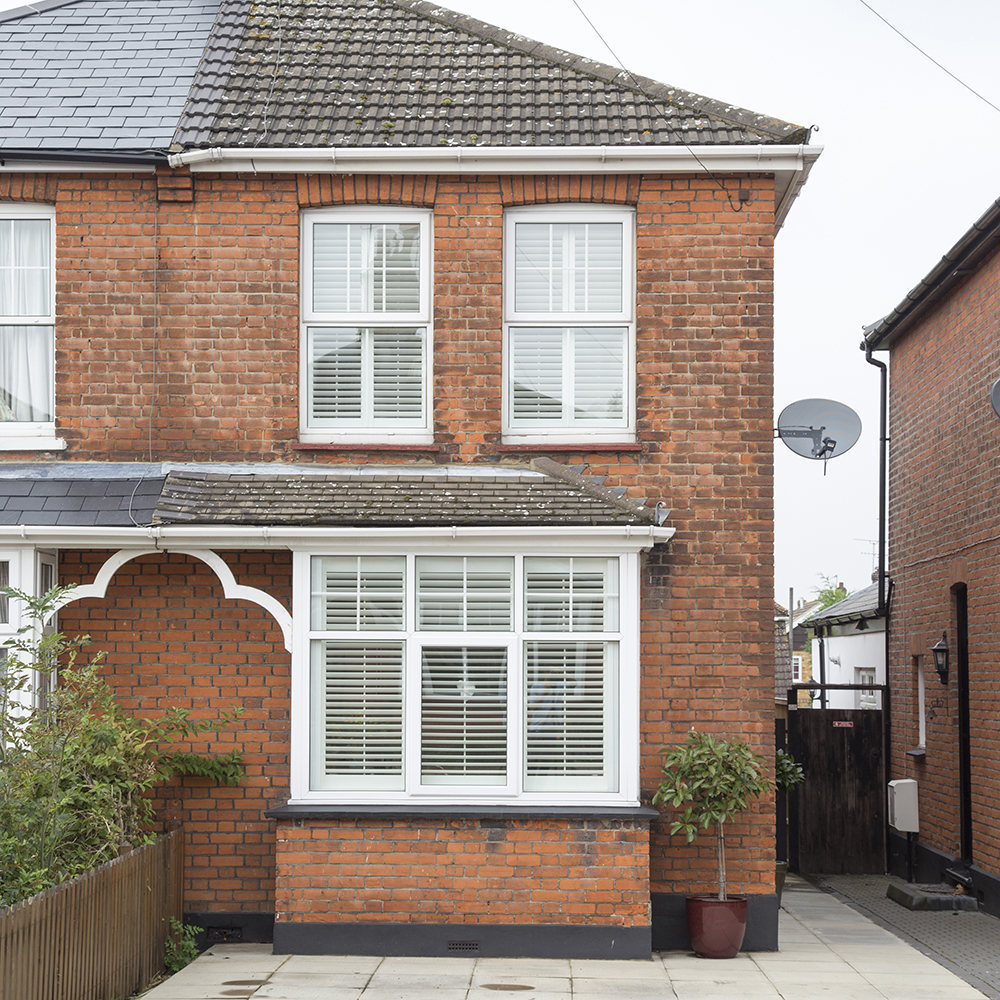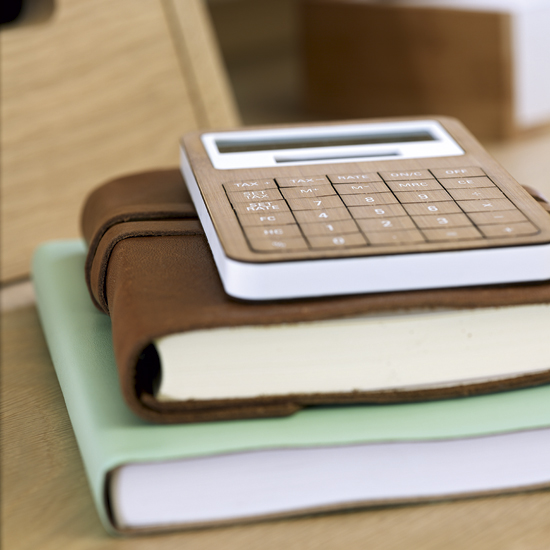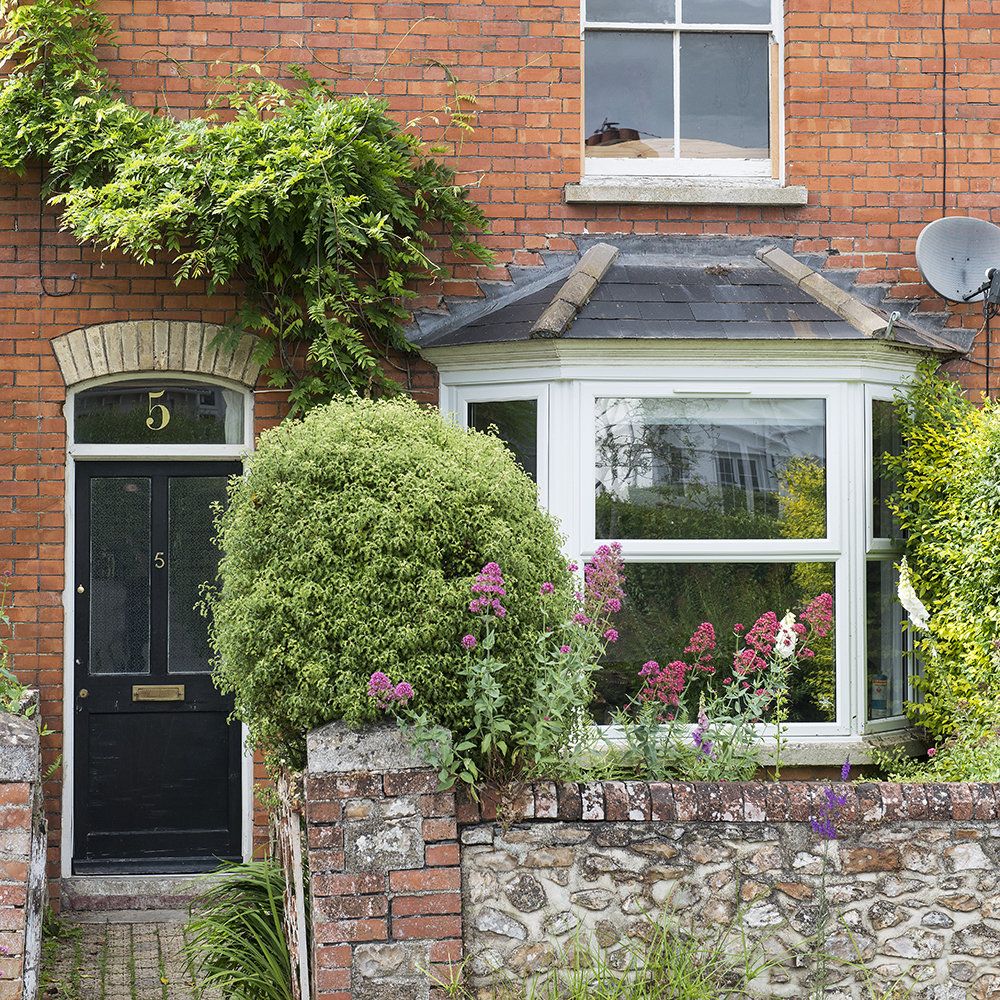First-time buyer mortgage guide – advice and tips for new homeowners
Expert advice covering everything you need to know about borrowing for your first home
You’ve saved a deposit, started window shopping for your dream home, and you’re ready to make your first move onto the property ladder – now you just need a mortgage. Our first-time buyer mortgage guide covers everything you need to know when buying your first house.
Property prices have been on a wild ride in the last year, with the average house now costing around £250,300. That's almost 10% higher than a year ago, according to Nationwide Building Society. That makes getting on the property ladder for the first time harder. You’ll need a deposit of at least 5% of the purchase price, or around £12,500 on that average home.
But the good news is that the mortgage market is very competitive and there are lots of good deals for first-time buyers. If you can get a deposit together, clinching the best mortgage rates will get you over the line.
Our first-time buyer mortgage guide covers everything you need to know from types of mortgages to additional costs and more.
First-time buyer mortgage guide
What is a first-time buyer mortgage?
First-time buyer mortgages are aimed at borrowers who have not owned a property before. You will often be required to pay a deposit of 10% of the property price, but there are now deals available to those with only 5%. The mortgage lender covers the outstanding balance and you pay it back, with interest, in monthly instalments over a long period – typically 25 years.
You’ll have the option of choosing the following types of mortgage:
Fixed-rate: The interest rate on your mortgage is fixed, so the amount you repay won’t change from month to month.
Variable-rate: The interest rate on your mortgage is variable and may change as the Bank of England’s base rate rises or falls. The amount you pay back each month may vary, up or down.
Sign up to our newsletter for style inspiration, real homes, project and garden advice and shopping know-how
You can also pick between a repayment mortgage or an interest-only mortgage:
Repayment: Each month, your repayment covers some of the capital you borrowed, plus your interest charges.
Interest-only: Each month, you only make interest payments. At the end of the mortgage term, you must repay the capital initially borrowed in one go.

How much can you afford?
Before speaking to a mortgage provider, take a good look at your own finances. You want to know exactly how much money you have available, both for your deposit and for your regular mortgage payments.
Mortgage companies consider lots of factors when deciding how much they are prepared to lend. They’ll consider your salary – you may be able to borrow up to five times your annual income – but they’ll also assess affordability.
If you have lots of other outgoings to fund from your income, you won’t be able to borrow so much. Your credit score – based on your record of managing debt and other financial factors – is also important.
To start getting an idea, do a bit of research. There are several free online mortgage calculators which will give you an indication of how much you could borrow.
Don’t forget the other costs
It’s not just the deposit that you’ll need to find when buying a home. First-time buyers don’t usually pay stamp duty on property purchases, as this doesn’t apply on properties valued below £300,000, but this tax is payable on a sliding scale above this threshold.
Then there are solicitors’ costs to budget for, valuation fees, surveyors’ charges and levies such as mortgage providers’ arrangement fees. It all adds up.

Special support for first-time buyers
In addition to the deals available from mortgage providers, several schemes could help first-time buyers:
Help to Buy: Equity loan
This government scheme is for first-time buyers in England. You need a deposit of at least 5%, as usual, but you can then top this up with an equity loan of up to 20% (40% in London) of the purchase price of your property. This loan is interest free for five years.
You will then need to arrange a conventional mortgage for the rest of the purchase. Check the rules of the scheme carefully because various restrictions apply. In particular, it is only available on new-build homes. There are more details on the government website.
Lifetime ISA
This is a tax-free savings account with a 25% bonus from the government for each £1 you invest. You can save up to £4,000 per tax year towards either a first home or your retirement. It’s available to anyone aged between 18 and 39.
Shared ownership
Instead of owning your home outright, with this government scheme you own part of it. For this part, you will pay a deposit of between 5% and 10%, and then make monthly mortgage payments. For the remainder, you pay rent to the organisation who owns the property.
You’re able to increase your share when you can afford to at the price it’s worth at the time. It’s only available for those with joint or single incomes of up to £80,000 per year, or £90,000 in London. Shared ownership properties are leasehold, which means someone else, usually a building developer, owns the land the property is on.
You’ll usually have to pay a service rent and may have to contribute towards insurance or maintenance costs.
95% Mortgage Guarantee Scheme
Launched in April, the government’s 90% mortgage guarantee scheme runs until December 2022. Providers sign up to the scheme and offer mortgages requiring a 5% deposit. If a borrower defaults on a mortgage, the government covers any losses.
Several providers have launched 95% deals outside of this scheme but always check the costs involved. You may have a smaller deposit, but the interest rates are usually higher, and you’ll own less of the property.

Family Mortgages
Many first-time buyers rely on the Bank of Mum and Dad for a deposit and there are lots of ways parents or grandparents can help. One is with a family offset mortgage which are available from several big lenders. They work by parents putting their savings into an account linked to their child’s mortgage.
This makes it easier for children to buy a home, as they don’t need to raise a separate deposit, and parents aren’t losing any money. However, the savings usually have to be locked away for a set period of time.
How to apply for a mortgage
When you have decided the type of mortgage you’d like, it’s time to apply. You can either go directly to a lender and apply, or you can use a mortgage broker. If you choose to go solo, take the time to compare providers and deals. The market is fiercely competitive so don’t assume the first offer you’re given is the best one.
The advantage of using a mortgage broker is they can assess your situation and help you find the most suitable deal, although there may be a fee for this. A website such as unbiased.co.uk is a good place to start.